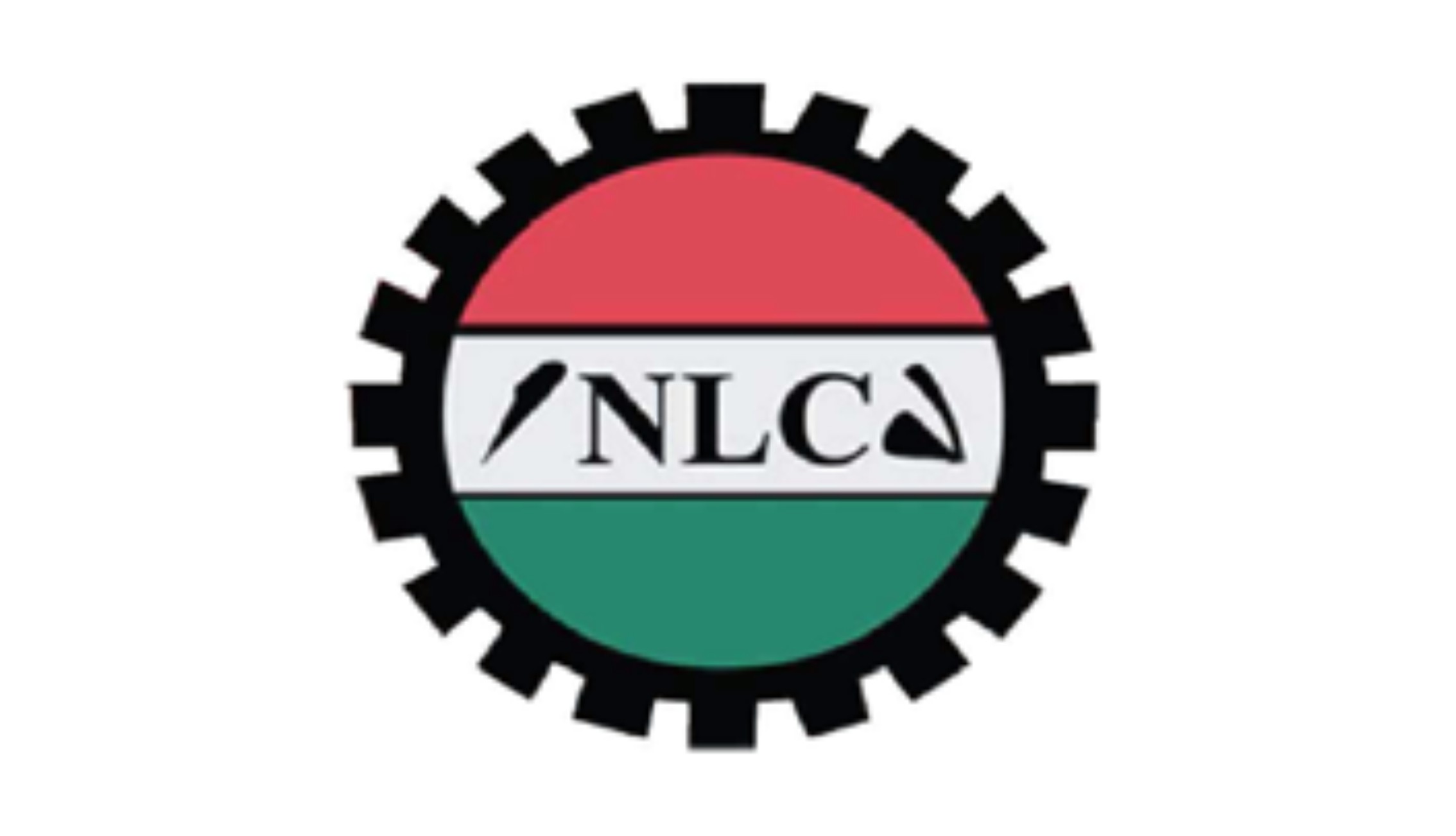Ict/Telecom
FG Boosts Fibre Rollout With National Dig Once Policy
To bridge gaps identified in Nigeria’s fibre infrastructure rollout, the Federal Government is hoping to launch the ‘National Dig Once Policy’ in the country, December 2022.
With the December target, the FG said it was giving the final touches to the proposed document.
Minister of Communications and Digital Economy, Professor Isa Pantami, made the disclosure in Lagos at the just-concluded fourth edition of ‘Policy Implementation Assisted Forum (PIAFo) on Dig Once Policy and Fibre Strategy in Nigeria’ with the theme: ‘Laying the Foundation for Ubiquitous Broadband for Nigeria’s Economic Breakthrough’.
Already, Nigeria is said to have a 120,000km of fibre shortfall, after having deployed over 40,000km.
Pantami, at the event organised by Business Metrics Nigeria, noted that the policy would facilitate seamless deployment of fibre optic as a backbone broadband infrastructure across the country to bridge the digital divide and boost the digital economy.
Represented by the Secretary of the Broadband Implementation Steering Committee (BISC) and Head, Wireless Network at the Nigerian Communications Commission (NCC), Usman Aliyu, Pantami said the policy was recognised in the Nigeria Broadband Plan 2020-2025 as a critical element to attaining 70 per cent broadband penetration by 2025.
According to him, the policy, which seeks to promote the installation of ready-made buried fibre conduit for seamless fibre deployment in the country, had received necessary inputs coming from robust engagements with relevant stakeholders for the effective realisation of its essence.
“Some of the objectives of the policy are provisioning of shared infrastructure for existing internet service providers and entrants; promotion of installation of ready-made buried fibre conduit for broadband deployment; and reduction of the barriers to entry for Internet Service Providers.
“Others are: to promote coordination and reduce the number of excavations and disruptions caused due to fibre installation works; to lower the cost of broadband internet service deployment; to promote the joint installation of infrastructures in a single phase and avoid unnecessary future digging as well as encouraging infrastructure; and to promote a unified and affordable pricing regime across the federation for Right of Ways”, he said.
He also said once the policy becomes operational in Nigeria, there would be a lower cost of repair and maintenance of installed fibre infrastructure and a lower cost of broadband Internet service deployment.
While delivering a paper on Fibre Infrastructure Rollout Ecosystem Development to Reach 60 per cent Fibre to Site at 120,000km by 2025, Ashwani Mishra, ICT Director at Huawei Technologies, recommended ways Nigeria can achieve fibre infrastructure targets by 2025 as stipulated in the NBP 2020-2025.
Ict/Telecom
Technology, Others Responsible For Nigeria’s Bonga Oil Operations
The Managing Director, Shell Nigeria Exploration and Company Limited (SNEPCo), Elohor Aiboni, said Bonga, Nigeria’s first deep-water asset, has recorded major milestones, due to effective leadership, cutting-edge technology, continuous improvement and collaboration with stakeholders.
She noted that since coming on stream in November 2005, Bonga has maintained a track record of production that saw it achieve one-billion-barrel export on February 13, last year.
In her presentation, titled “The Bonga Journey to a Billion Barrels”, at the ongoing 2024 Offshore Technology Conference in Houston, Texas, United States, Aiboni, said: “SNEPCo is grateful for the contributions of all the parties to the Bonga story and we can all be proud of the milestones.
“Bonga has been consistent. In 2014, nine years after coming onstream, it achieved half a billion barrels of crude and doubled it in 2023. We have worked relentlessly to ensure excellent asset management, project and wells delivery and deployment of technology and innovations in our operations”.
According to her, these factors, “coupled with the supportive partnership of the Nigerian National Petroleum Company Limited and our co-venturers – TotalEnergies, EP Nigeria Limited; Nigerian Agip Exploration; and Esso Exploration and Production Nigeria Limited, make Bonga stand out as a world-class investment case”.
She continued that, “SNEPCo also enjoyed the support of the Nigerian Upstream Petroleum Regulatory Commission (NUPRC) and the Nigerian Content Development and Monitoring Board (NCDMB) in the success of Bonga operations”.
Aiboni also listed the challenges of keeping the Bonga Floating Production, Storage and Offloading vessel full as the asset ages and dealing with unexpected developments with subsea wells and equipment.
She said: “SNEPCo responded with a campaign of operational excellence, which among other initiatives, led to the creation of a programme known as the Bonga Business Improvement Plan that continually reviews and identifies improvement initiatives and drives sustainability in operations and upskilling of staff.
“The Bonga success story has been led by Nigerians who have been managing directors of SNEPCo since it was established in 1993, in a deliberate policy by Shell to develop indigenous manpower for deep-water operations in Nigeria.
“Today, some 97percent of the SNEPCo workforce is Nigerian and overall, Bonga has helped to create a new generation of Nigerian deep-water professionals.
“Our vision at SNEPCo remains to be the best deep-water business, powering growth and achieving net zero emissions in line with Shell’s Powering Progress strategy”.
Ict/Telecom
Banks Cut Borrowing From CBN By 44%
Banks’ borrowings from the Central Bank of Nigeria (CBN) fell month-on-month, (MoM) by 44 percent to N12.16 trillion in April from N21.7 trillion in March.
Analysis of latest data from the CBN shows that the 44percent drop represents the first MoM decline in banks borrowing from since January when it increased by 268.7 percent to N3.6 trillion from N976.29 billion in December 2023.
However, further analysis showed that banks’ deposits in the CBN SDF grew MoM by 118.4 percent to N428.97 billion in April from N196.37 billion in March 2024.
Banks make use of the SLF to access liquidity to run their day-to-day business operations while the Standing Deposit Facility window (SDF) on the other hand, is an overnight deposit facility that allows banks to lodge excess liquidity (money) with the CBN and earn interest.
The decline in banks’ borrowing from SLF may reflect an increase in banking system liquidity and also the decision of the apex bank last year to remove the limit on the remunerable daily placements by banks at the SDF.
According to the CBN Governor, Mr. Olayemi Cardoso, the CBN removed the cap on the remunerable SDF to increase activity in the SDF window and manage liquidity.
Ict/Telecom
Expert Highlights Technology Impact On Fintech Industry Growth
A Financial technology expert, Olatunji Akinrinola, has highlighted the exponential growth of the FinTech industry, which according to him, was driven by technological advancements.
Akinrinola made this assertion in a press release recently, where he stressed that the role of technology in driving this exponential growth in the FinTech sector was very outstanding.
According to him, Technology has revolutionised the way financial services are delivered, making them more accessible, efficient, and inclusive.
“Through innovations such as mobile banking, digital payments, and blockchain technology, FinTech companies have been able to reach a larger population and provided them with access to financial services”, he stated.
Akinrinola emphasised the role of technology in enabling financial inclusion, adding: “Technology has democratised access to financial services, particularly in regions with limited banking infrastructure.
“Mobile money platforms and digital wallets have empowered individuals to conduct financial transactions conveniently and securely, without the need for traditional banking services”.
He also underscored the role of Artificial Intelligence (AI) and data analytics in driving innovation within the FinTech industry, noting: “AI-powered algorithms and predictive analytics have revolutionised risk assessment, fraud detection, and customer personalisation in financial services.
“These technologies enable FinTech companies to provide tailored solutions and mitigate risks more effectively, ultimately enhancing the overall customer experience”.
Akinrinola stressed the importance of regulatory frameworks in fostering the growth of the FinTech industry.
“While technology has accelerated the growth of FinTech, it is essential to establish robust regulatory frameworks to ensure consumer protection and maintain market stability. Regulators play a crucial role in balancing innovation with risk management, thereby creating a conducive environment for the sustainable growth of the FinTech sector”, he stated.
Akinrinola underscored the role of technology in driving the exponential growth of the FinTech industry, saying, “Technology has been a game-changer for the FinTech sector, enabling innovation, expanding access to financial services, and driving economic growth.
“As technology continues to evolve, the FinTech industry will undoubtedly play a significant role in shaping the future of financial services ecosystem”.
Corlins Walter
-
Women3 days ago
Justice Prevails Over Osinachi’s Death
-

 Featured2 days ago
Featured2 days agoLabour Unions In Rivers Call For Improved Standard Living For Workers
-
Politics3 days ago
Enugu LP Loses Pub Sec To PDP
-
Niger Delta3 days ago
Diri Recommits To Support For Security Agencies …Cautions AIG, Sacks Youth Exco
-

 Nation3 days ago
Nation3 days agoOgun, Nike Art Gallery Set To Transform Olumo Rock
-
Social/Kiddies3 days ago
Need For Girl-Child Education In Society
-

 News2 days ago
News2 days agoNBA President Sues For Workers’ Protection, Better Wage
-
Politics3 days ago
Gunmen Disrupt Political Rally In Bayelsa ….As Turnah, Others Emerge New Associates’Leaders

